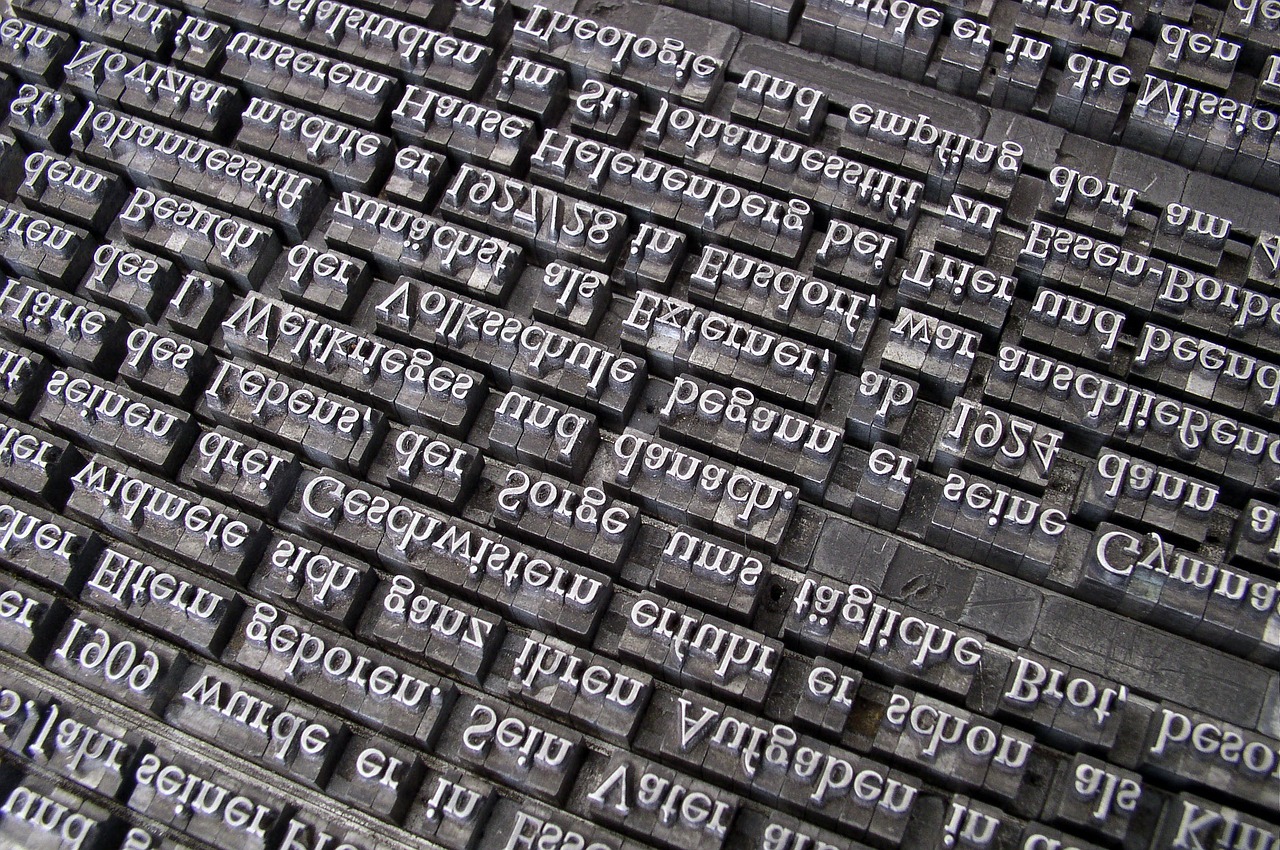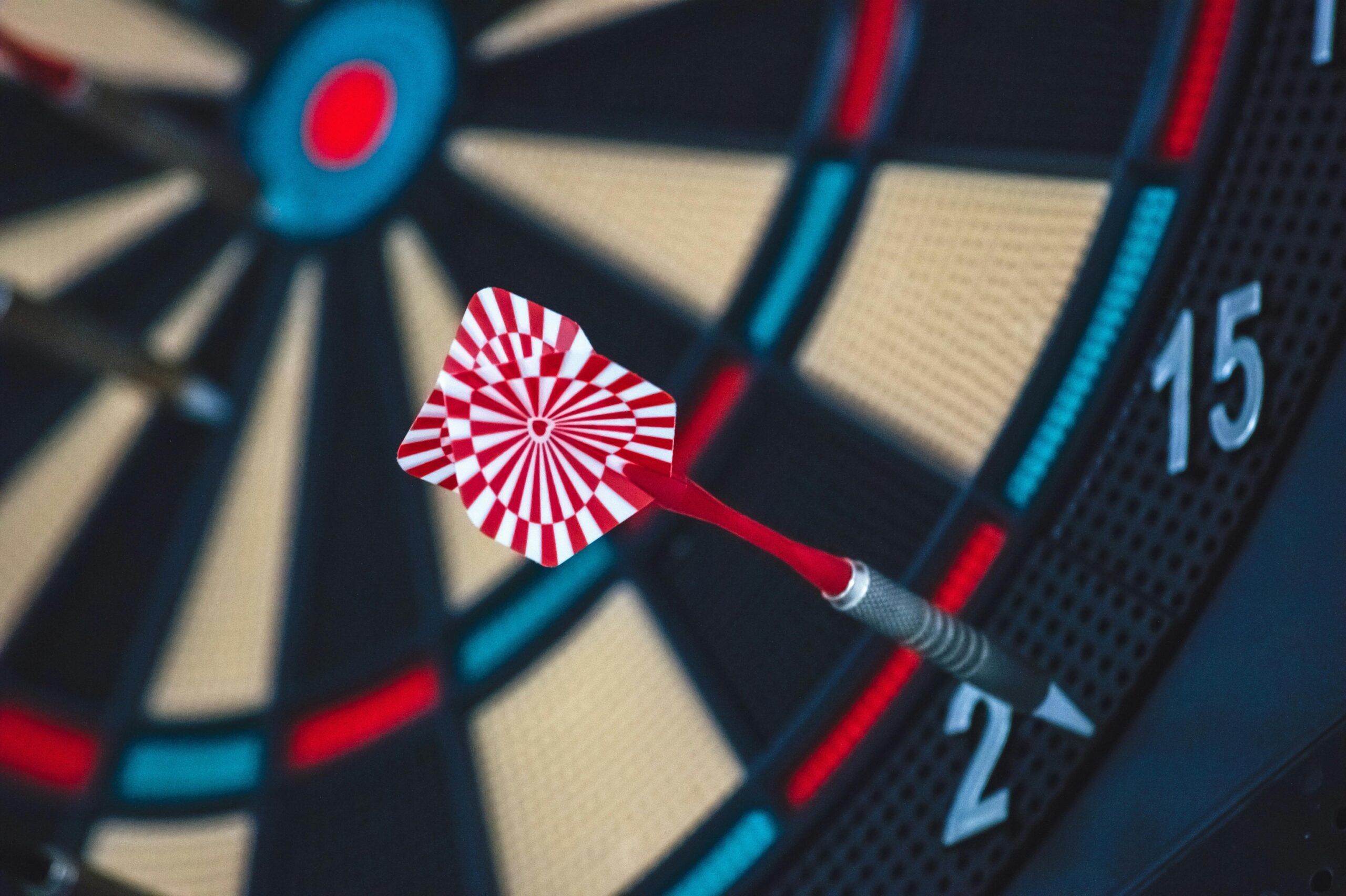Have you ever wanted to learn a new language? Me too. Have you ever taken a language class in school and been frustrated at how inefficient the class was set up? Me too. I took a Spanish class during college and I was so frustrated by the teaching style that I dropped out after a week. Unfortunately, that left me with no clear path to learning Spanish. Since then, I have tried various methods to teach myself Spanish. It became clear that some methods were much more efficient than others. After much self-experimentation, I have developed what I believe are the core principles of language acquisition. Over the next few posts I’m going to break down those core principles and how to apply them.
Principle 1
Open your mouth.
Hands down, the fastest way to learn a new language is to speak it. It’s as simple as that. Just like how the best way to learn how to swim is by swimming and the best way to learn how to cook is by cooking. There are so many resources out there that would like you to believe that a certain vocab list is the key, or that by maintaining your streak on Duolingo you’ll be rewarded with fluency. Any resource can be valuable in its own way, but your skills will develop exponentially faster when you practice speaking.
A few years ago I had to take the DAT which stands for the “Dental Admission Test.” It’s a test that every prospective dentist has to take to get into dental school. It is a multi-faceted test that covers everything from spatial awareness to biology and chemistry. It can be a daunting test to study for and as I read up on the best study techniques, one answer kept popping up; the need to take practice tests. I tried taking one practice test every week for a few months leading up to the actual test and I can concur. Those helped me more than anything else. So, why was this helpful and how does it relate to learning a language?
It is so important to practice the action you want to improve because it builds your confidence, and it shows you exactly what you’re missing. I noticed this both with my practice tests of the DAT, and also in my efforts to learn Spanish. Because of my DAT practice tests I was able to learn that general chemistry was my weakest area. That insight dictated where I put my time in my subsequent DAT training sessions. Similarly, I have a native Spanish speaker that I talk with every week. In those conversation I write down the words I want to say but that I don’t know. Invariably, those words are way more valuable to me than the words I just memorize off of vocab lists. It’s also hard to quantify, but the confidence you gain from repeatedly doing the thing you want to do is immense. Confidence is trust you have in yourself that comes from preparation. That confidence will be highest when you prepare in the best possible way, which in the case of language learning is by speaking.
In his book Hidden Potential Adam Grant analyzes a polyglot community. These are people whose hobby is learning languages. For many of them, they know more languages than I know species of birds. The interesting thing though is that some of these people grew up thinking they were incapable of learning languages. In the book, Adam tells about one guy in particular who moved to Spain with the intention to learn Spanish. He spent a considerable amount of time in his room translating his favorite book series “The Lord Of The Rings” from Spanish into English. He was frustrated because he spent so much time translating and yet his Spanish skills seemed stagnant. It wasn’t until he ditched the book and went outside to talk to people that his language learning really took off. In fact, learning the skill of starting foreign language conversations with strangers might be considered the meta-skill of language acquisition.
All of this is to say that if you feel stuck in your language learning journey, it might be time to put down Duoling and to open your mouth.



